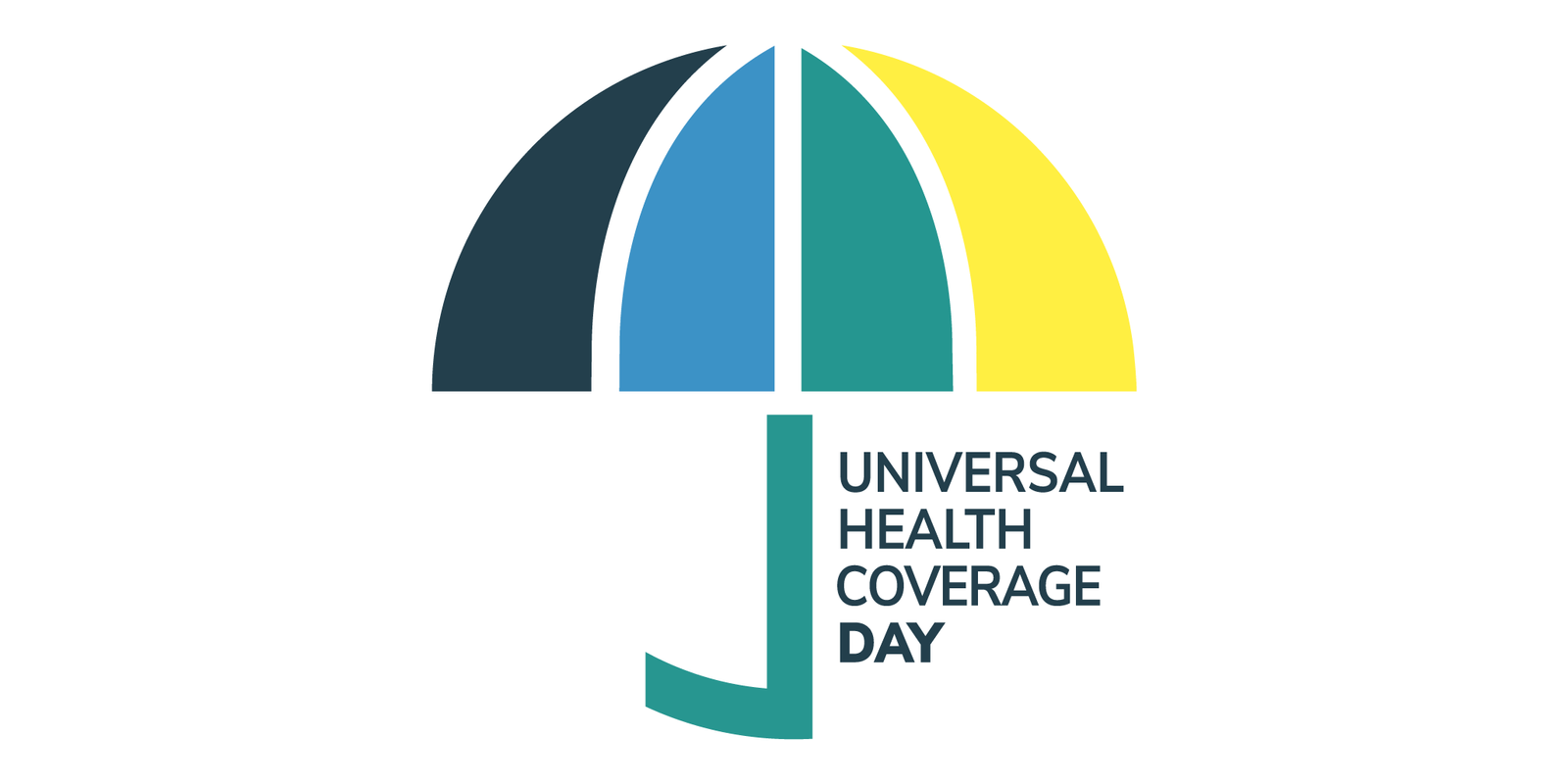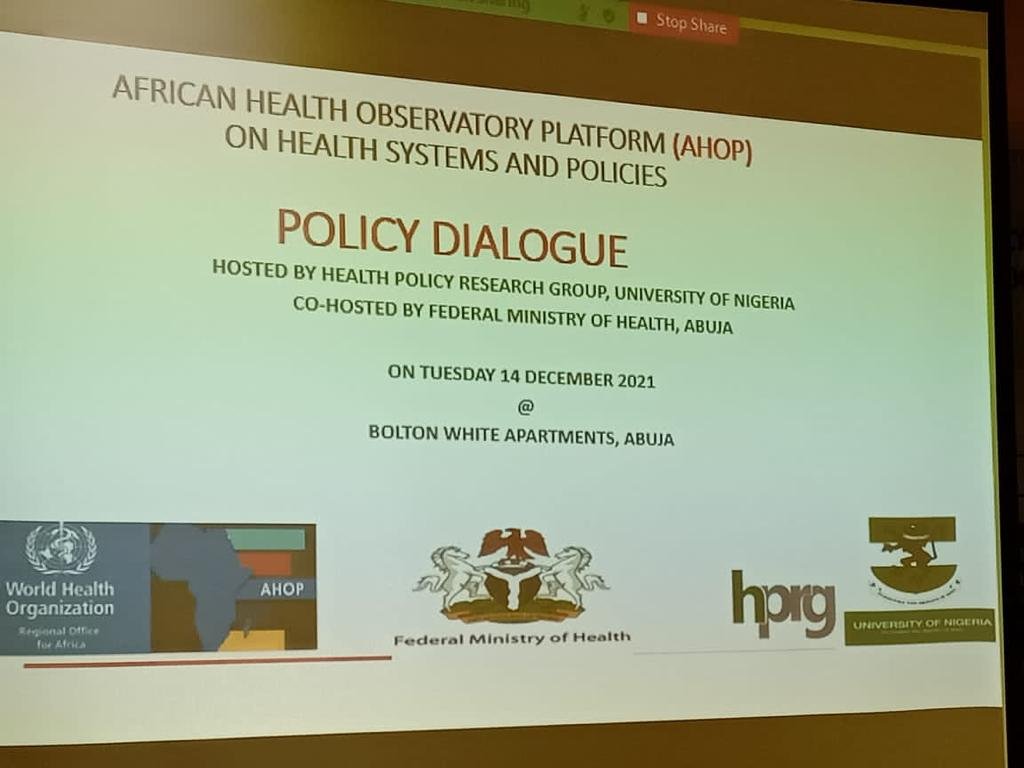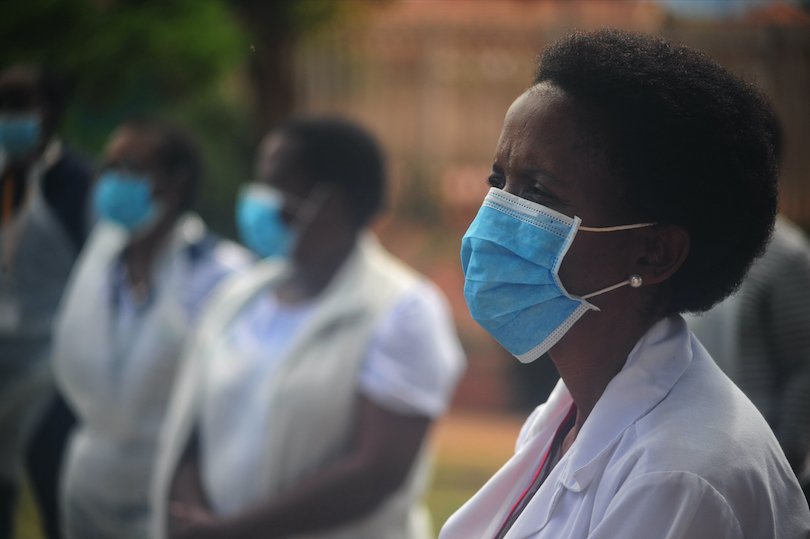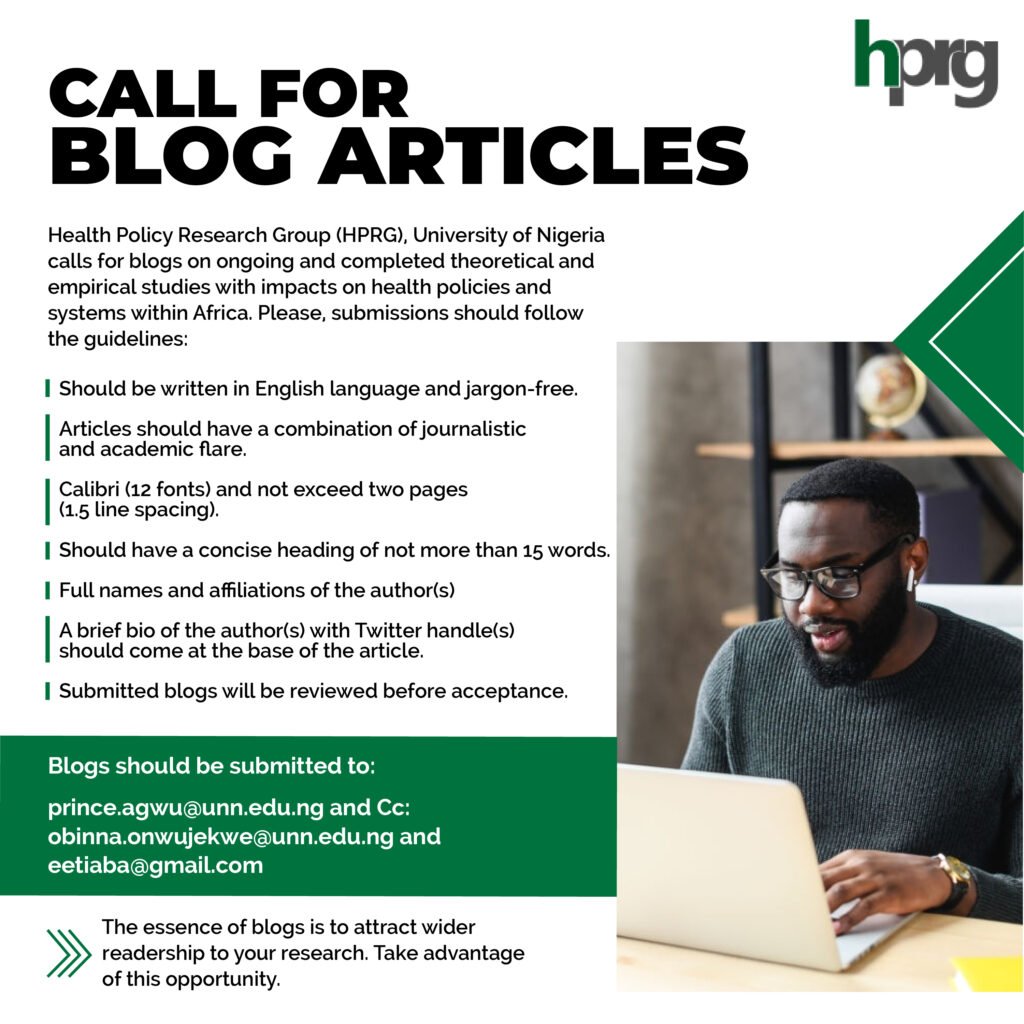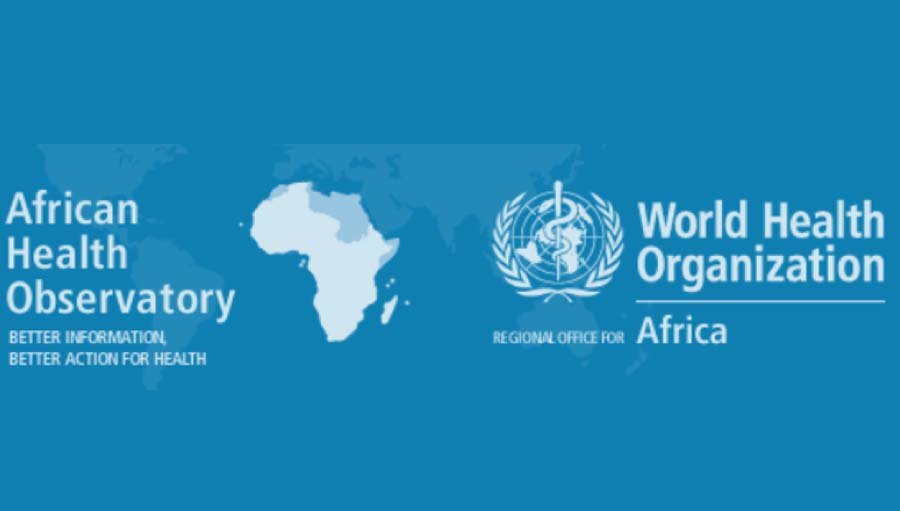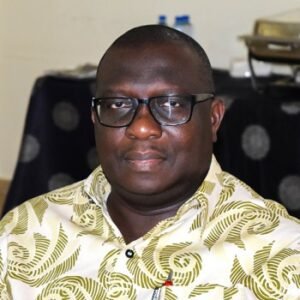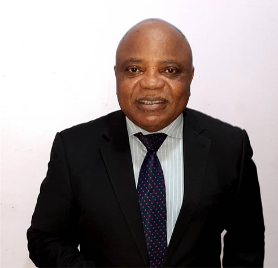By: Chinyere Okeke, Chioma Onyedinma, Benjamin Uzochukwu, Obinna Onwujekwe
The COVID-19 pandemic has challenged the health systems of almost all the countries in the world. A strong health system is characterized by its ability to respond to emergencies while remaining resilient in delivering high-quality routine essential services promptly. This is not the case in most low- and middle-income countries, of which Nigeria is one of them, making them very vulnerable to COVID-19 pandemic. Prior to the pandemic, health systems had not received adequate attention. However, with this pandemic, the country’s leadership has made efforts to respond to reduce its spread. These efforts are worth documenting, as they will inform policymakers and other stakeholders in Nigeria to reflect on the ways to adapt and scale up the positive measures identified.
A scoping review of published and grey literature including journals, news/ media documents and official documents that were published from 1st December 2019 to 31st December 2020 was conducted. The reviewers read and extracted relevant data using FACTIVA in a uniform data extraction template. The template was structured in themes using the health system building blocks and service delivery subtheme that captured technical support and interventions targeted at health workers was used for the manual content analysis.
The identified interventions and strategies that have affected health service delivery were mostly technical support and interventions targeted at health workers. These included training of about 17,000 health workers, supervising and engaging more workers, upgrading laboratories and building new ones to improve screening and diagnosis, motivation of health workforce with incentives (financial and non-financial). There was influx of philanthropic gestures and improved data and information systems, supply of medicines, medical products and non-pharmaceutical preventive materials through local production. Overall, the presence of political will and government’s efforts in health systems response to COVID-19 facilitated these interventions.
The interventions of state and non-state actors have to some extent, strengthened the health systems for improved service delivery. However, more needs to be done towards sustaining these gains and towards making the health system strong and resilient to absorb the unprecedented shocks.


